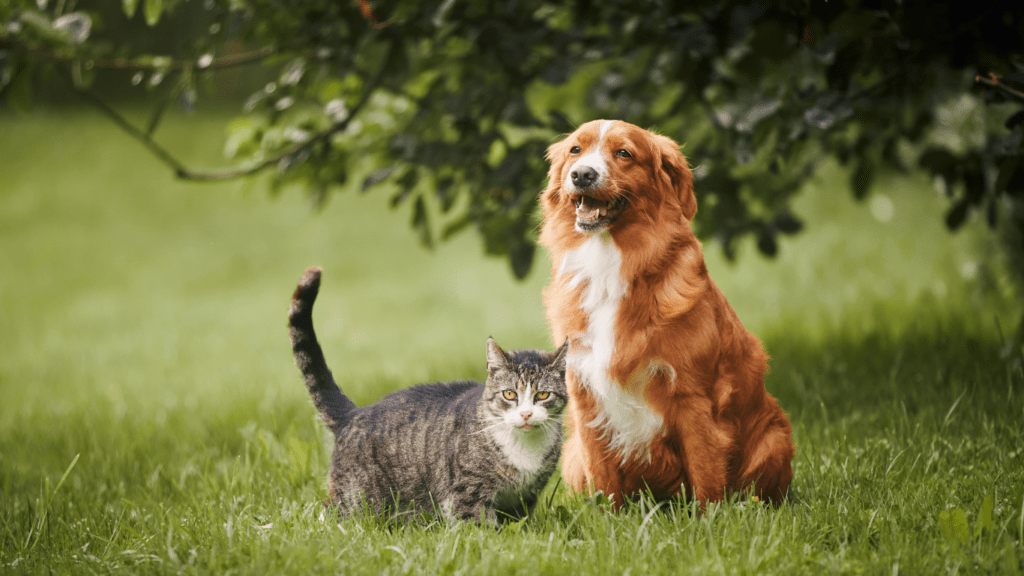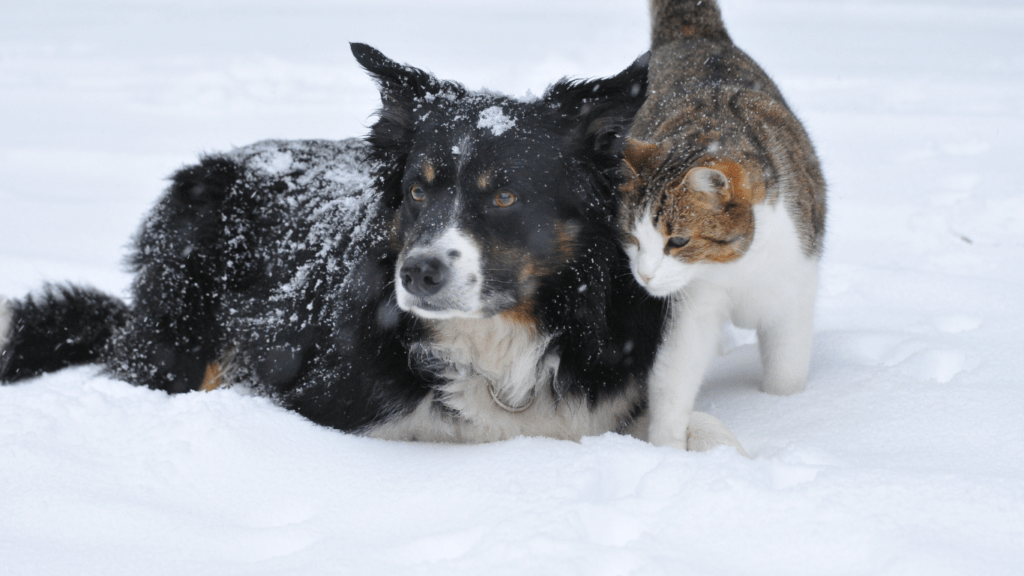Spring Health Tips
Spring brings new life, but it also brings specific health challenges for pets. Following these vet-recommended guidelines helps ensure pets remain healthy during the season.
Allergies and Irritants
Pets can suffer from allergies during spring. Pollen, grass, and certain plants are common allergens. Regularly wiping down a pet’s fur and paws after walks helps reduce allergens. If pets frequently scratch or show signs of discomfort, I consult my vet for possible allergy medications or treatments.
Parasite Prevention
Parasite activity increases in spring. Fleas, ticks, and worms become more prevalent. I always use vet-approved flea and tick preventatives to protect my pets. Regularly checking pets for ticks and maintaining a clean living environment reduces the risk of infestations. I also schedule a vet visit for heartworm prevention as mosquitoes become more active.
Summer Health Tips
Vets stress the importance of adapting pet care routines for summer. Ensuring your pet stays cool and hydrated is crucial to avoid heat-related health issues.
Heat Safety
Pets can quickly overheat during summer. Keep them indoors during peak heat hours, typically between 10 a.m. and 4 p.m. When outside, provide shade and avoid hot pavement which can burn paws. Watch for signs of heatstroke: excessive panting, drooling, and lethargy. In urgent cases, move the pet to a cool area and contact a vet immediately.
Hydration and Nutrition
Proper hydration prevents heatstroke and dehydration. Fresh water should be available at all times, especially during outings. Adding ice cubes to water bowls can keep the water cooler for longer periods. Nutrition adjustments might be necessary; consult your vet to ensure your pet’s diet supports increased summer activities. Some pets may benefit from lighter meals or specific supplements based on their activity levels and health conditions.
Fall Health Tips
Maintaining pet health in the fall requires specific attention to changing weather conditions and potential health challenges. Vets recommend focusing on coat care and seasonal illnesses during this time.
Shedding and Coat Care
Pets often shed their summer coats to grow thicker, winter-ready ones in the fall. Regular grooming helps manage shedding and prevents matting. For instance, brushing your dog or cat at least twice a week removes loose hair and reduces dander. Bathing your pet as needed, using a vet-recommended shampoo, ensures their coat stays clean and healthy. Finally, if your pet has long fur, trimming it around their paws and ears helps keep them comfortable and free from debris.
Seasonal Illnesses
Fall comes with a rise in certain illnesses, such as respiratory infections and allergies. Watch for symptoms like:
- coughing
- sneezing
- itching.
If you notice any of these signs, consider consulting with your vet. Vaccinations and preventive medications protect against common seasonal illnesses. Furthermore, maintaining a clean living environment minimizes exposure to allergens and pathogens. Lastly, regular check-ups during the fall help catch and treat illnesses early, ensuring your pet stays healthy as the weather changes.
Winter Health Tips

Pets require special care during the colder months. Let’s explore vet-recommended winter health tips to keep pets safe and healthy.
Cold Weather Protection
Ensure pets have adequate protection against cold weather. Provide proper shelter, like insulated dog houses and heated pads, especially for outdoor pets. Small and short-haired pets benefit from pet sweaters and jackets. Monitor pets’ time outside, limiting it to short walks. Check paws for signs of frostbite or cracking, particularly after walks on icy or salted paths. Keep an emergency kit ready that includes blankets, a first-aid kit, and pet-safe deicers.
Indoor Activity and Exercise
- Maintain your pets’ physical and mental health with indoor activities and exercise during winter.
- Create a daily exercise routine using toys and interactive games, such as fetch with soft toys or agility training. \
- Introduce puzzle feeders to stimulate their minds and keep them engaged.
- Allocate a dedicated play area indoors, ensuring it’s safe and free from hazardous items.
- Make use of indoor pet parks or pet-friendly facilities where available.
Proper care during winter, from ensuring cold weather protection to maintaining indoor activity, is essential for pets to stay healthy and happy.
Year-Round Recommendations
Pets benefit immensely from consistent care throughout the year. By keeping up with regular checkups and staying current with vaccinations and medications, we ensure our pets’ overall health and well-being.
Regular Checkups
Routine vet visits detect potential health issues early. These checkups often include physical exams, dental assessments, and lab tests. Scheduling these appointments at least annually helps track weight, diet, and overall health. During these visits, vets can offer tailored advice on nutrition and exercise, ensuring pets maintain a healthy lifestyle.
Vaccinations and Medications
Maintaining up-to-date vaccinations and preventive medications protects pets against various diseases and parasites. Vaccinations prevent conditions like rabies, distemper, and parvovirus. Discuss a vaccination schedule with your vet, as some vaccinations require boosters. Additionally, utilizing preventive medications for heartworm, flea, and tick control keeps pets safe from parasites year-round. Regularly consult your vet to adjust these medications based on your pet’s health and regional risks.



 Pet Travel & Safety Consultant
Jimmy Dixoneser is the go-to expert on pet travel and safety at Pet Paw Shack. He provides valuable guidance on how to ensure pets are safe, comfortable, and stress-free when traveling. From creating checklists for pet-friendly vacations to advising on the best travel gear, Jimmy’s expertise helps pet owners confidently navigate adventures with their pets, whether on the road or in the air.
Pet Travel & Safety Consultant
Jimmy Dixoneser is the go-to expert on pet travel and safety at Pet Paw Shack. He provides valuable guidance on how to ensure pets are safe, comfortable, and stress-free when traveling. From creating checklists for pet-friendly vacations to advising on the best travel gear, Jimmy’s expertise helps pet owners confidently navigate adventures with their pets, whether on the road or in the air.
